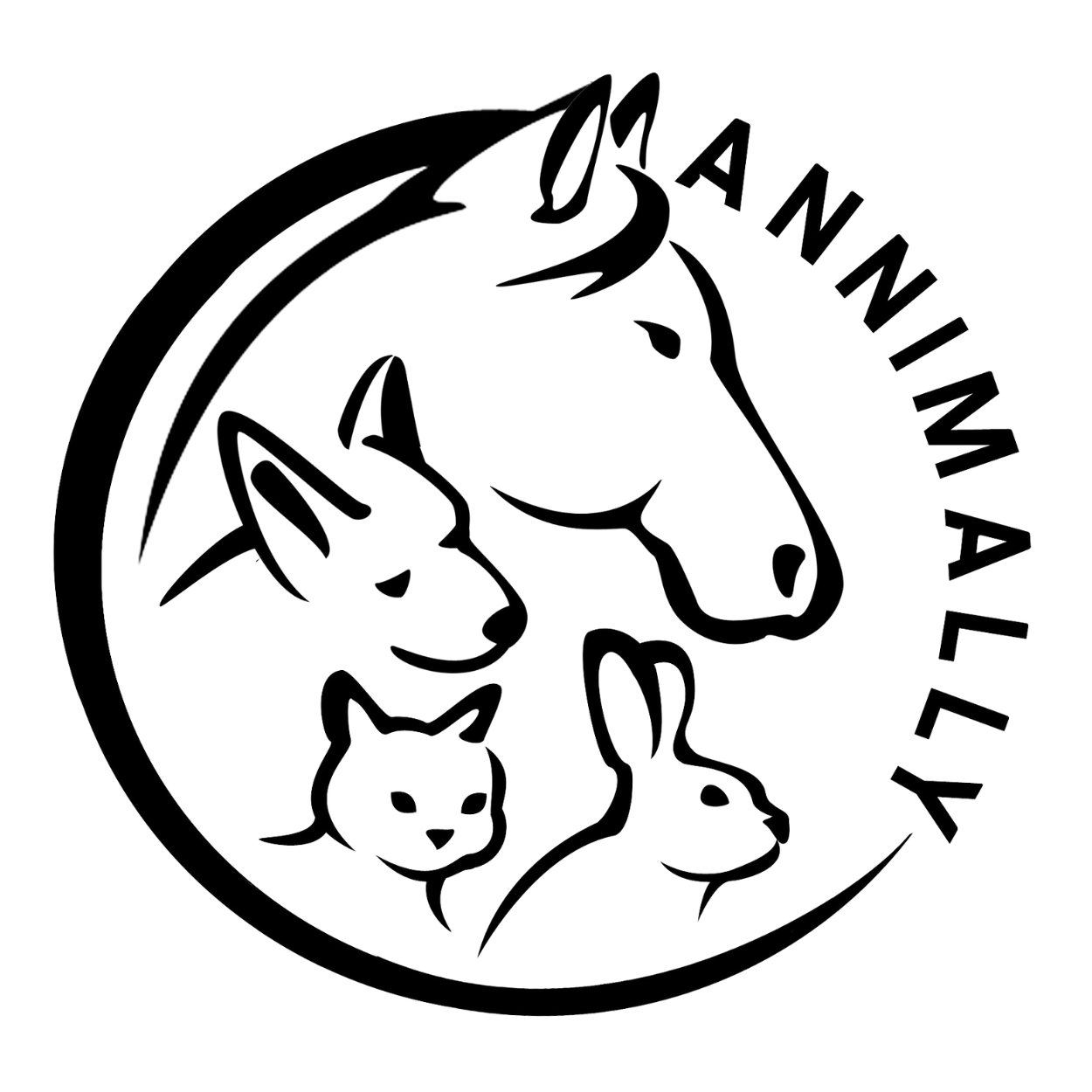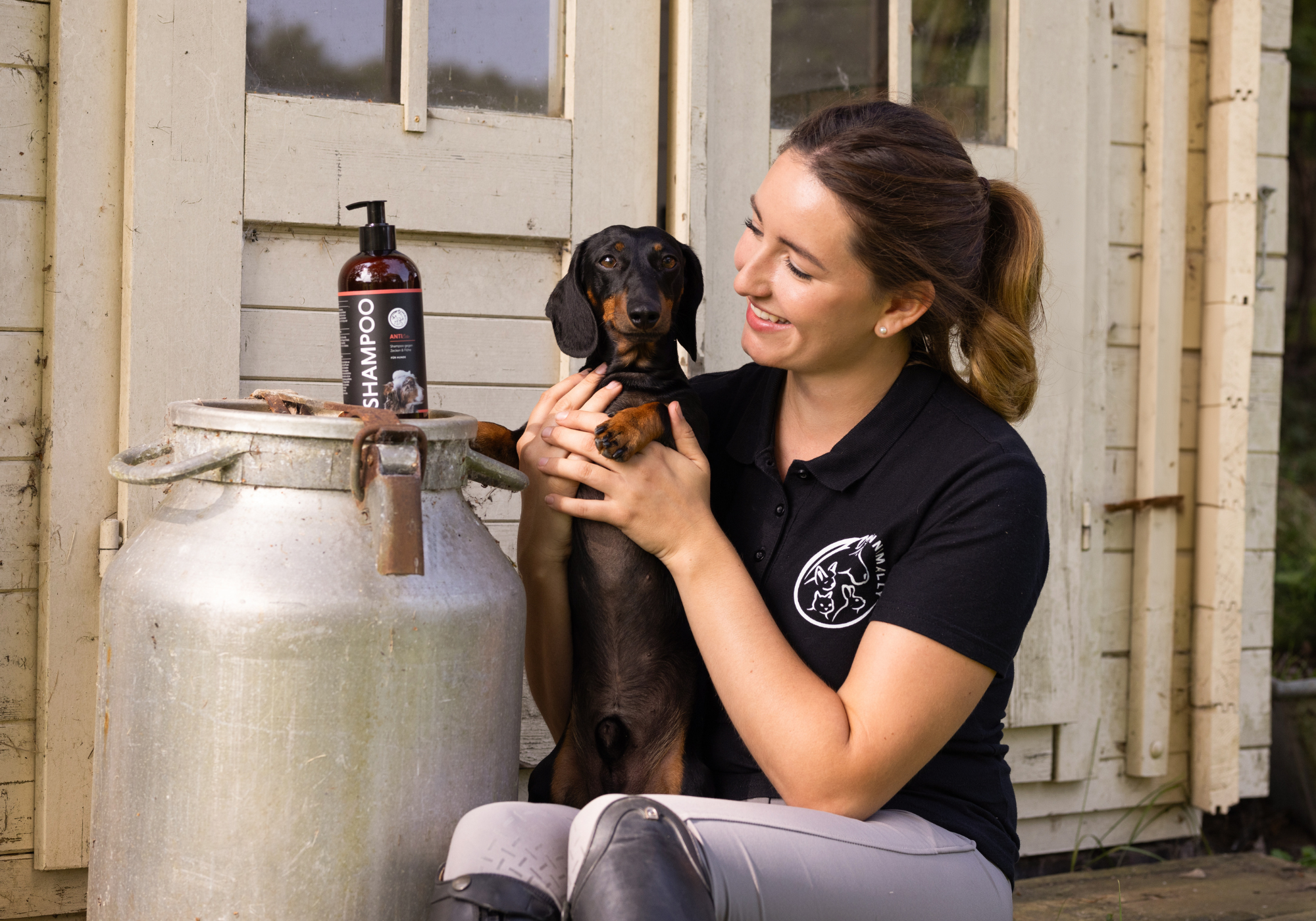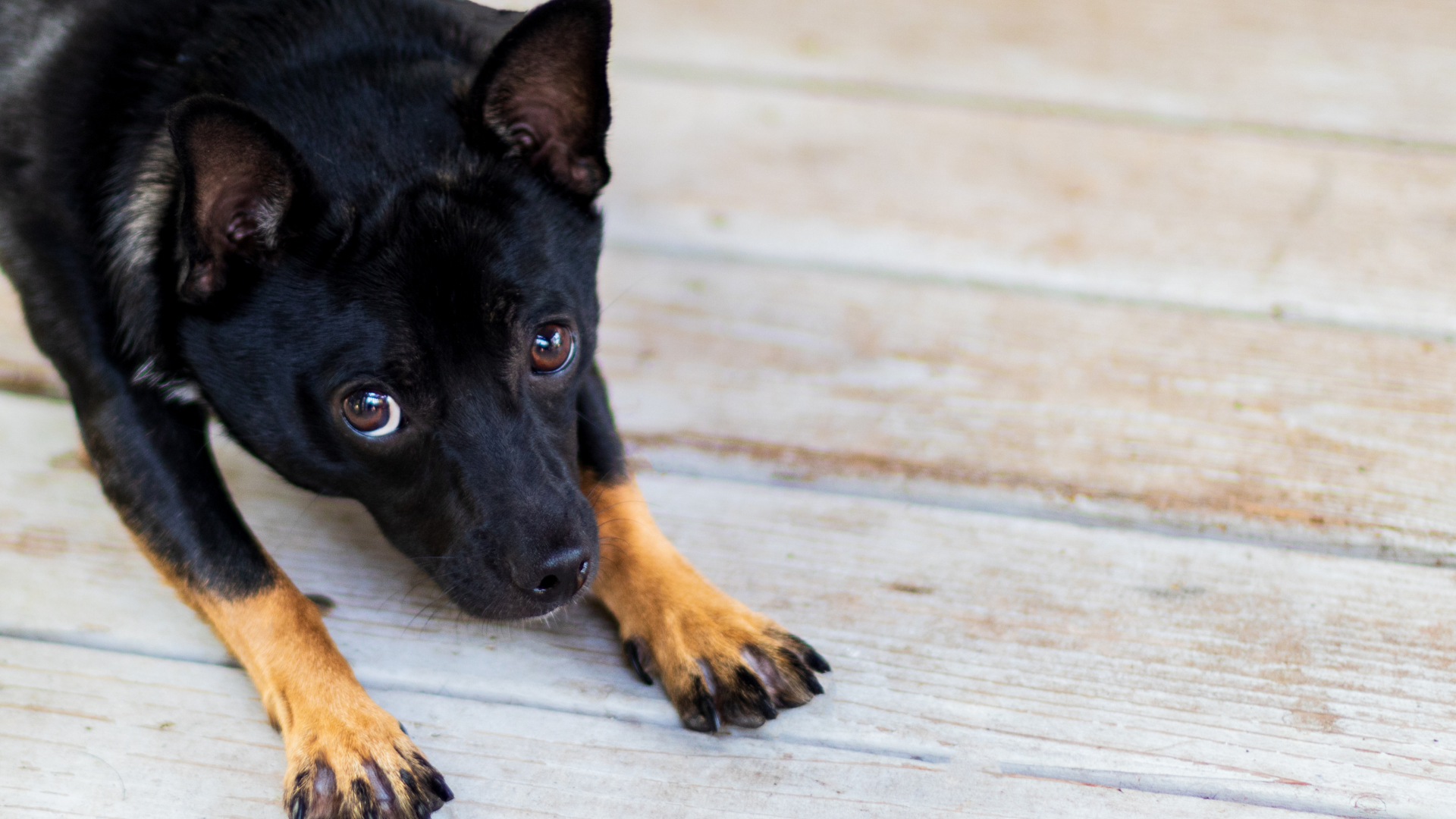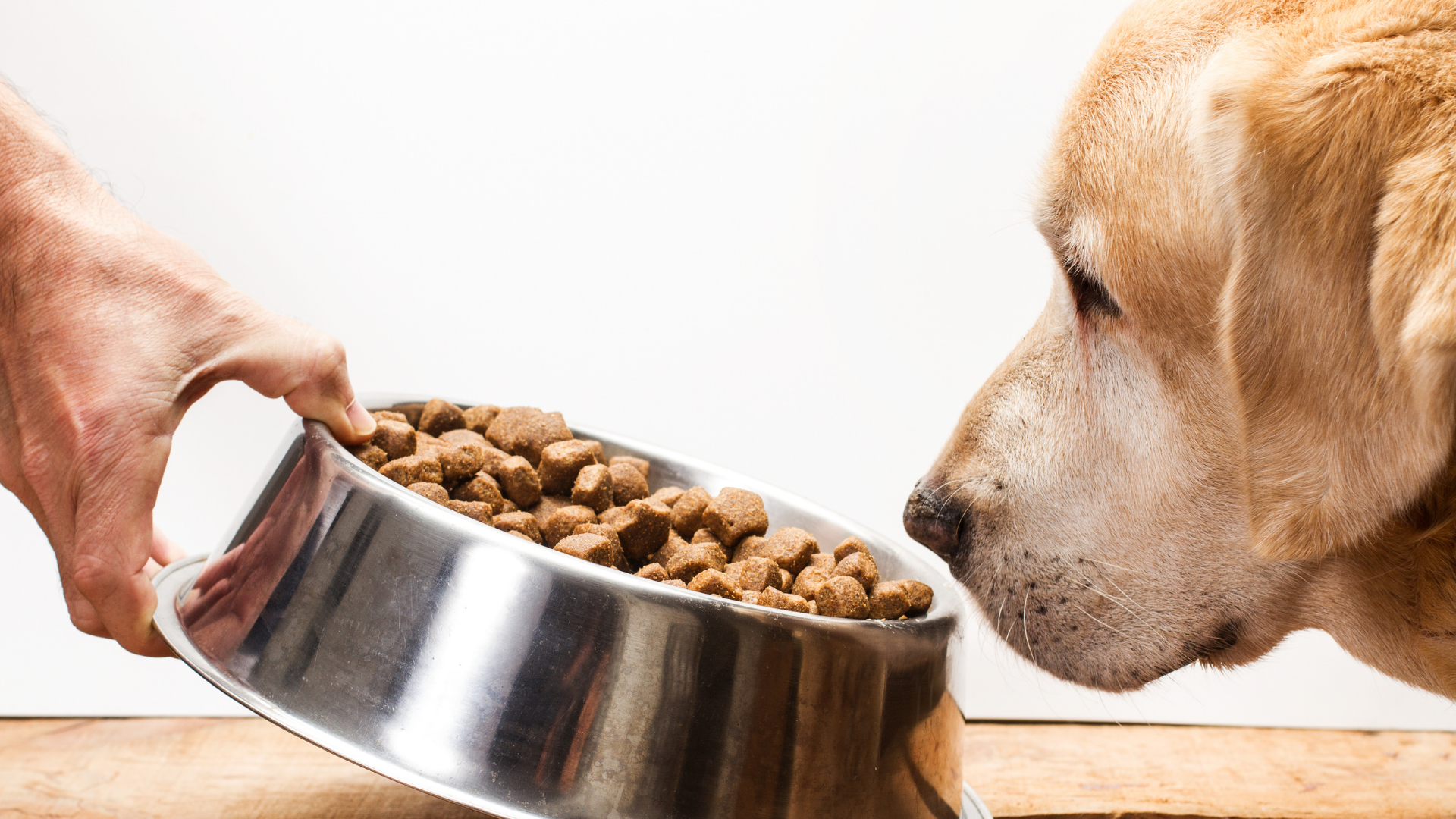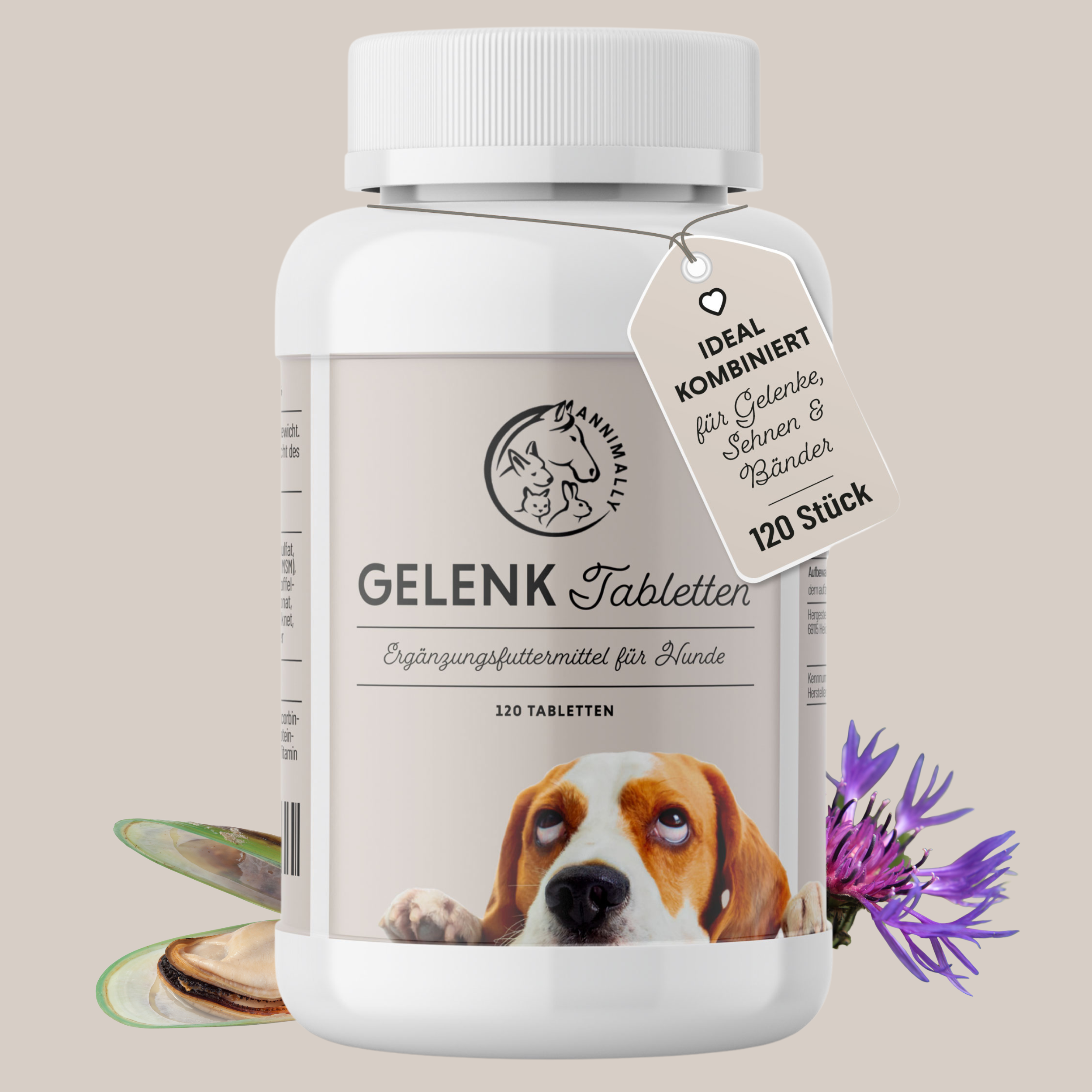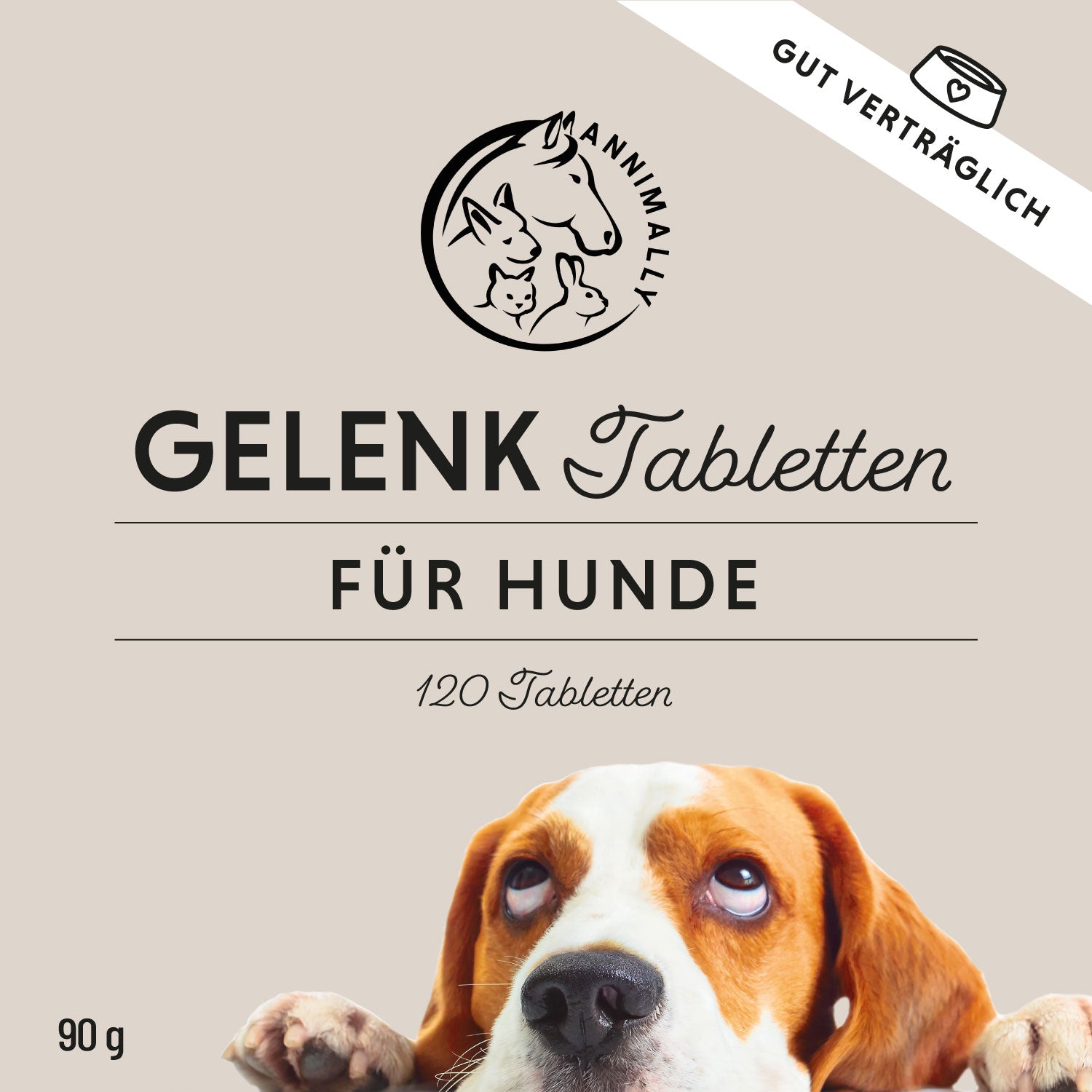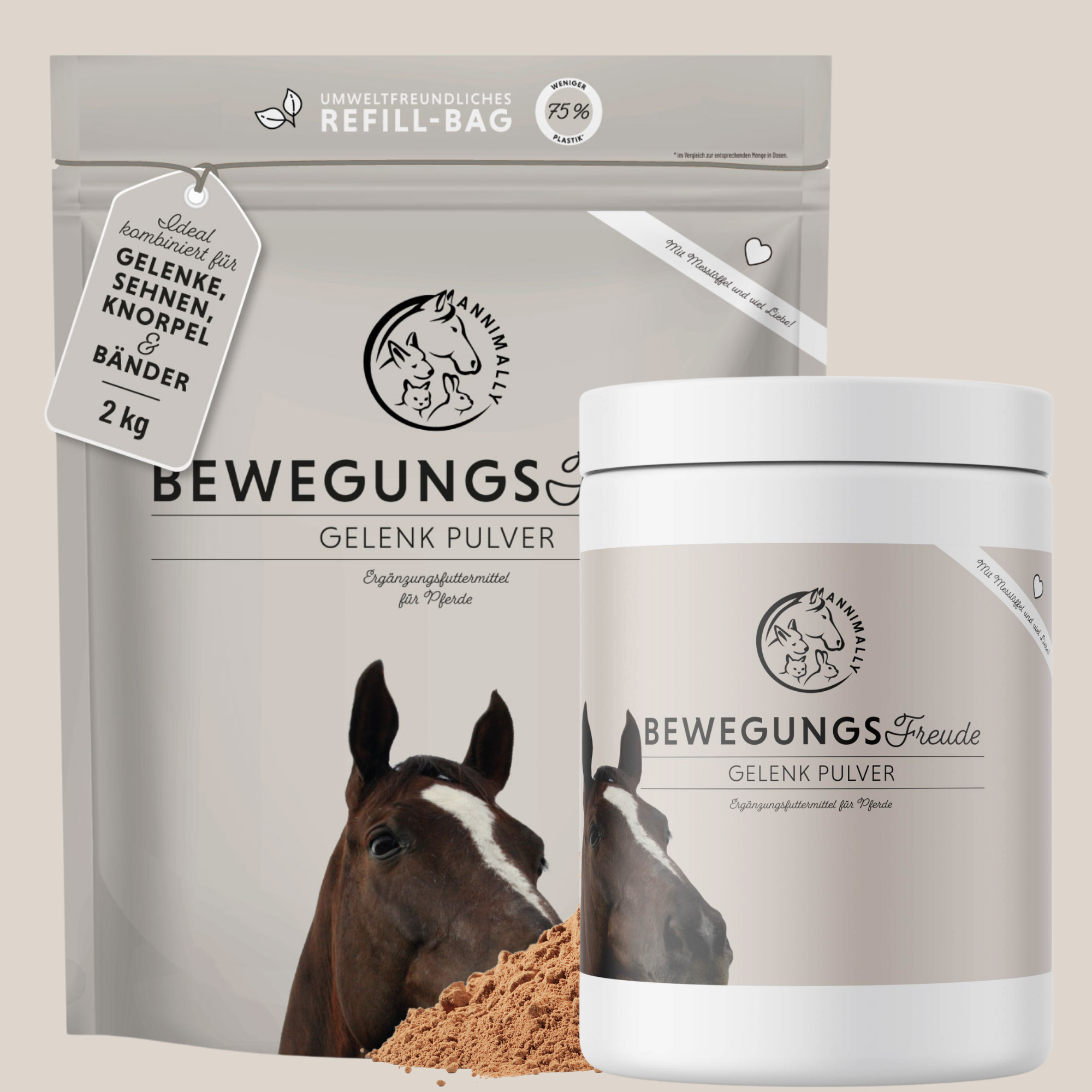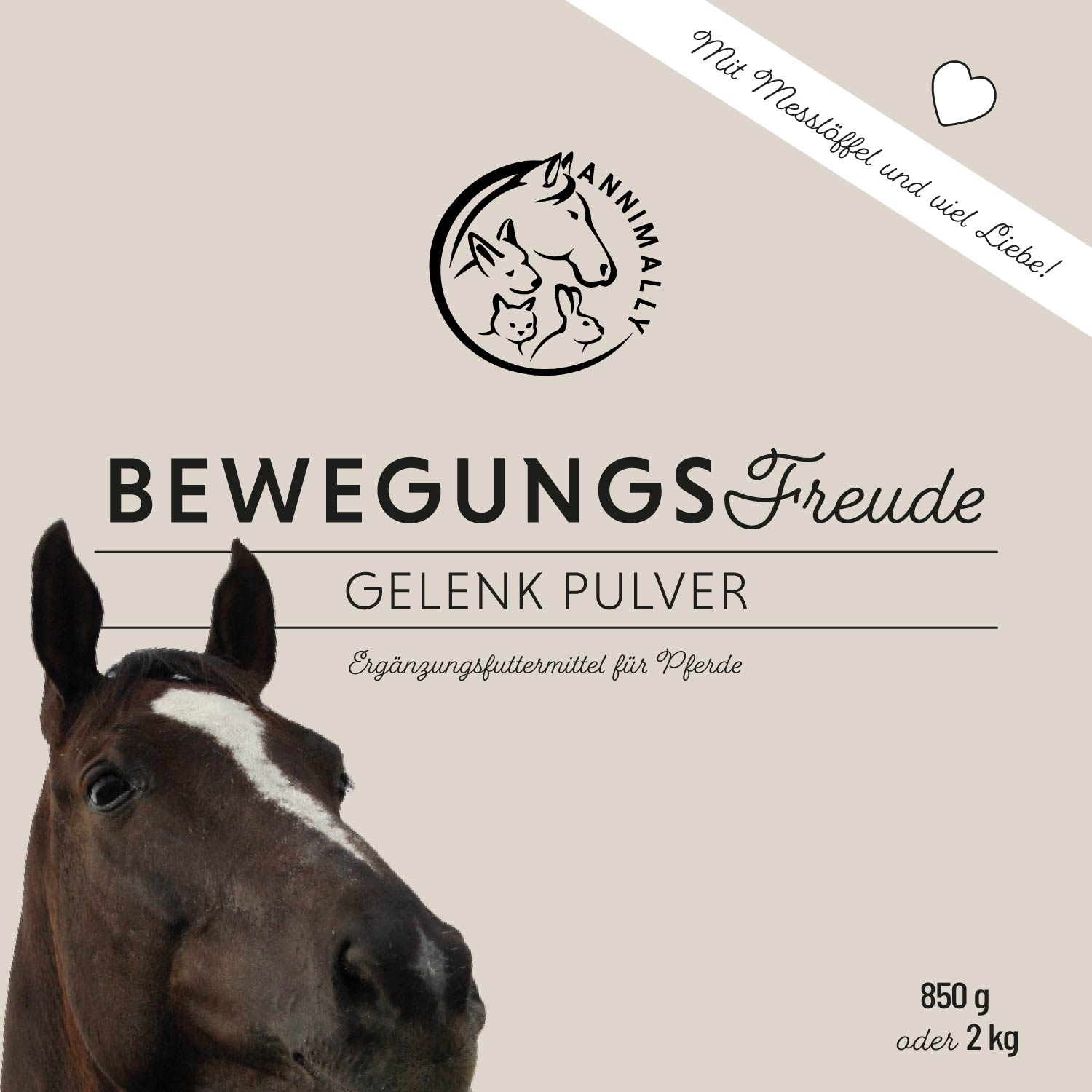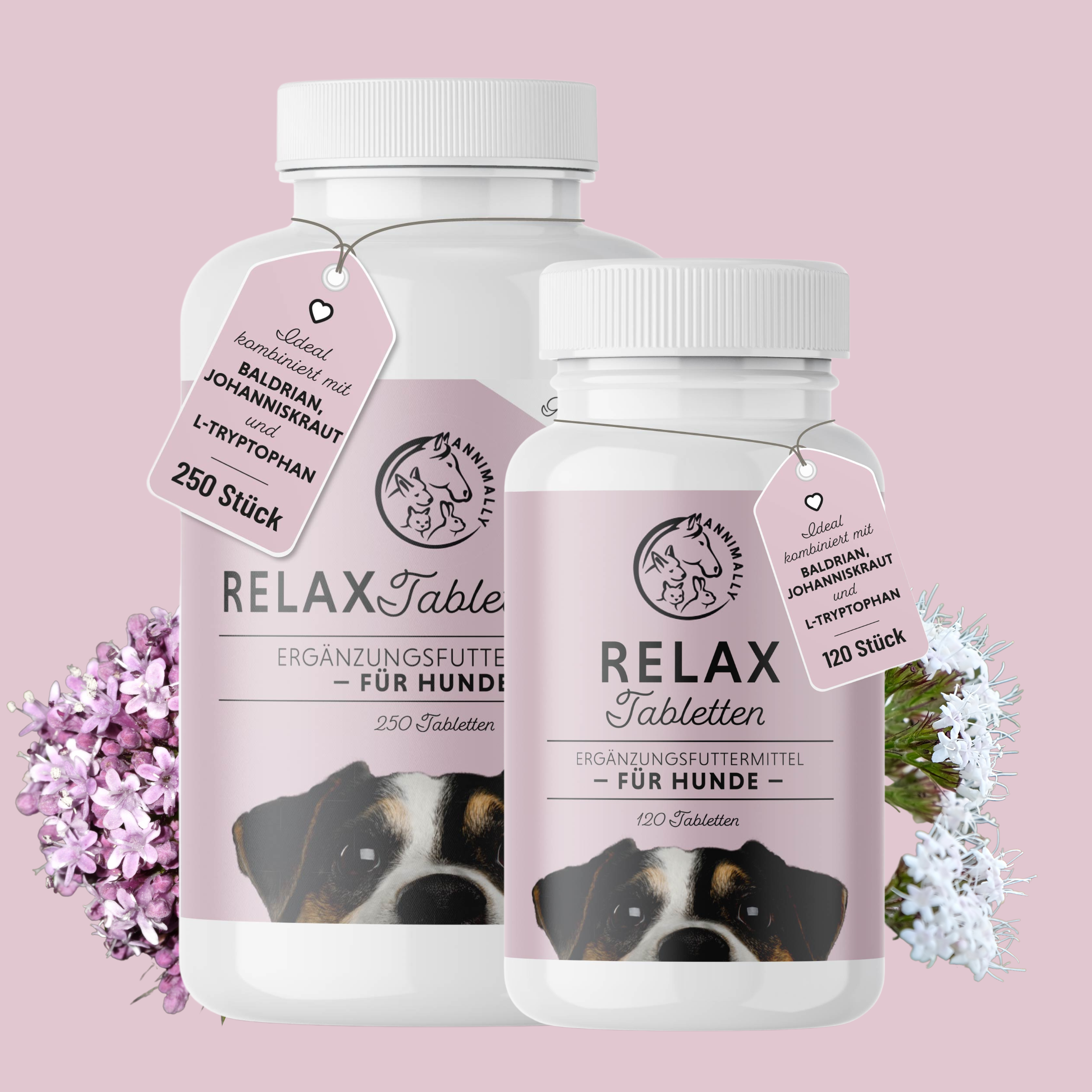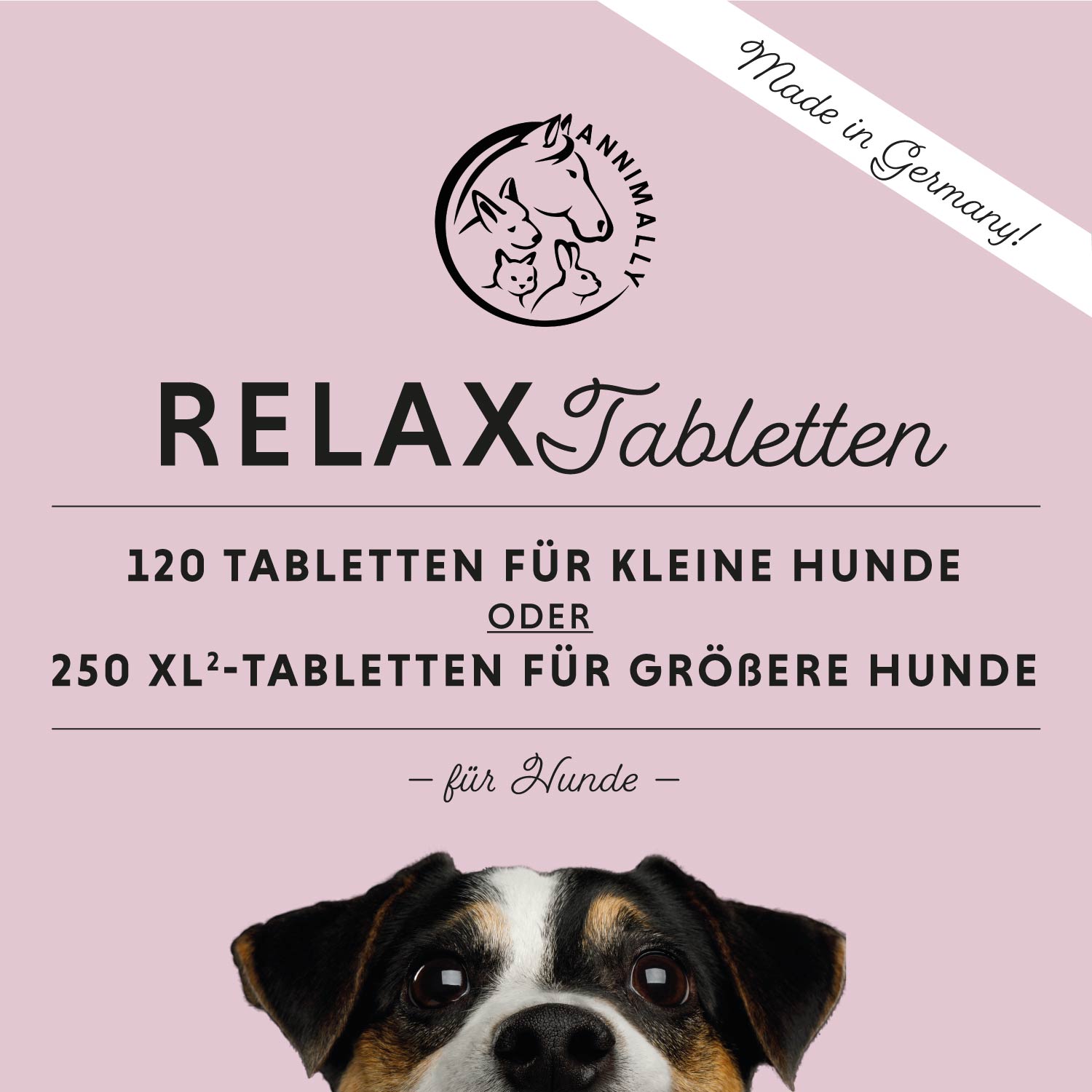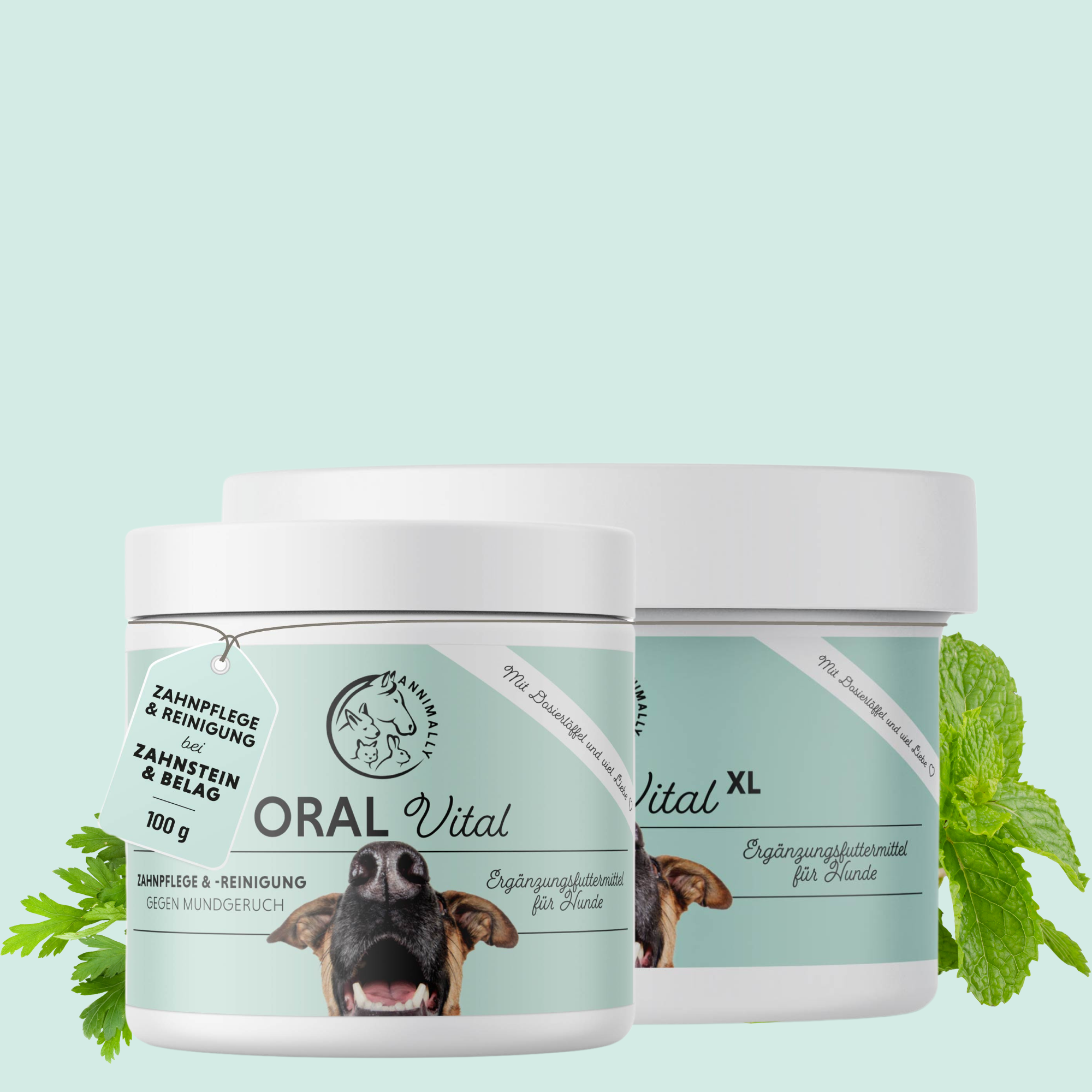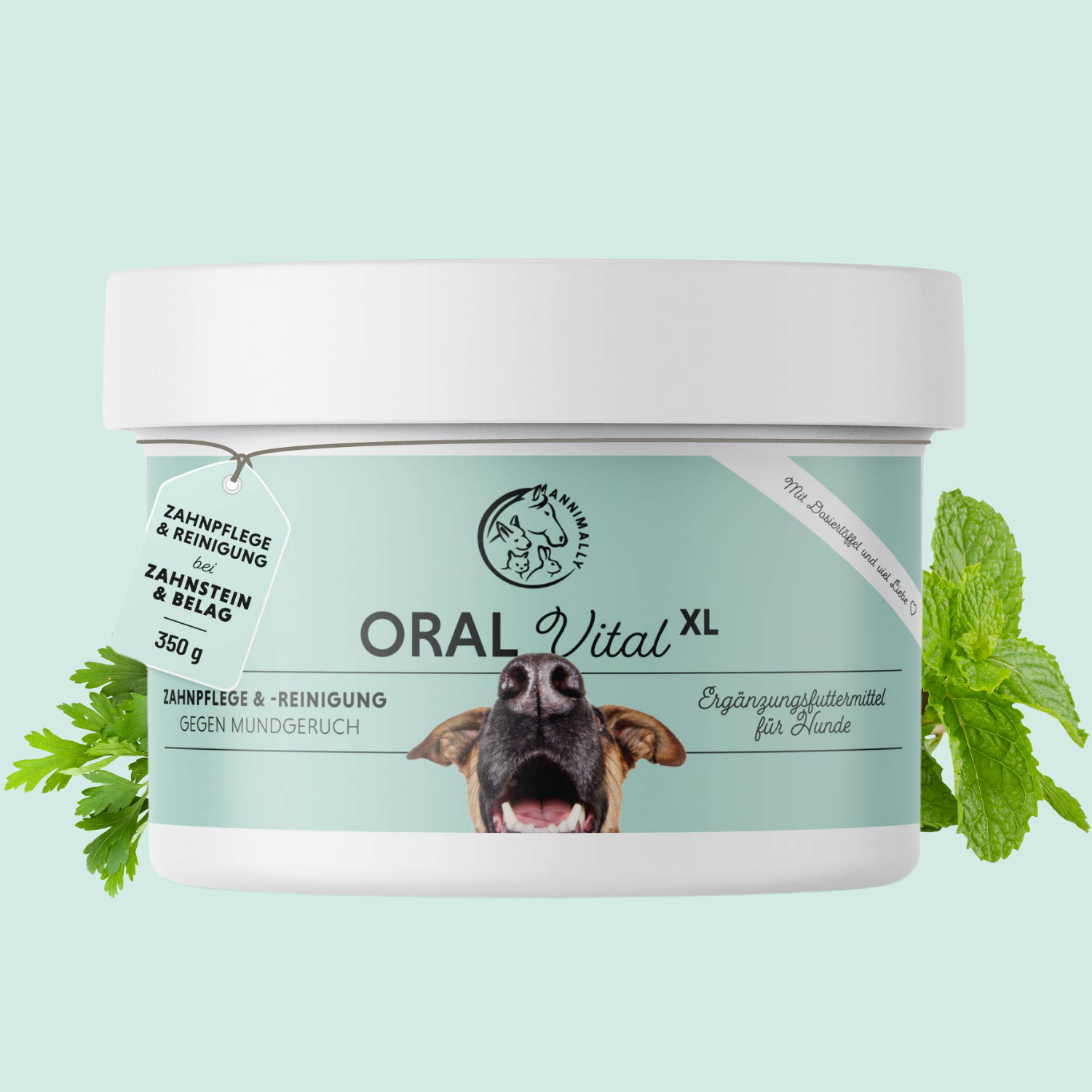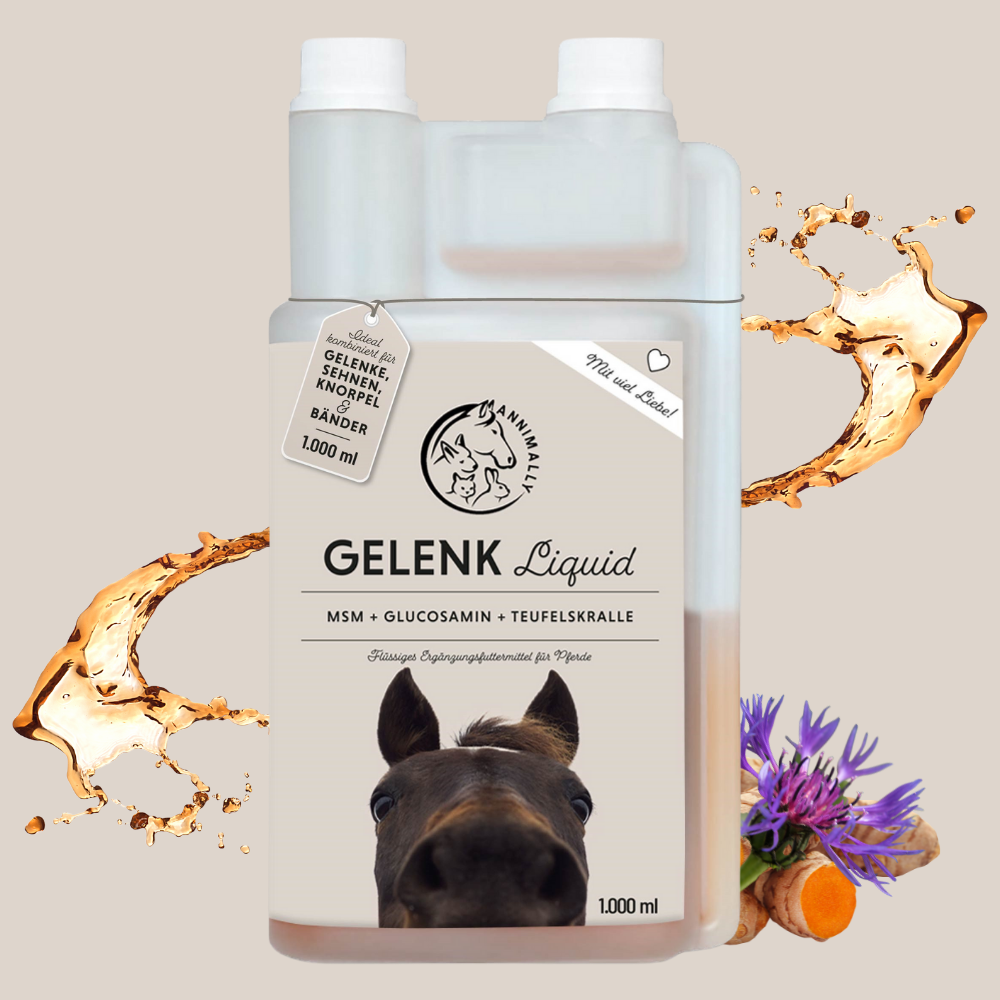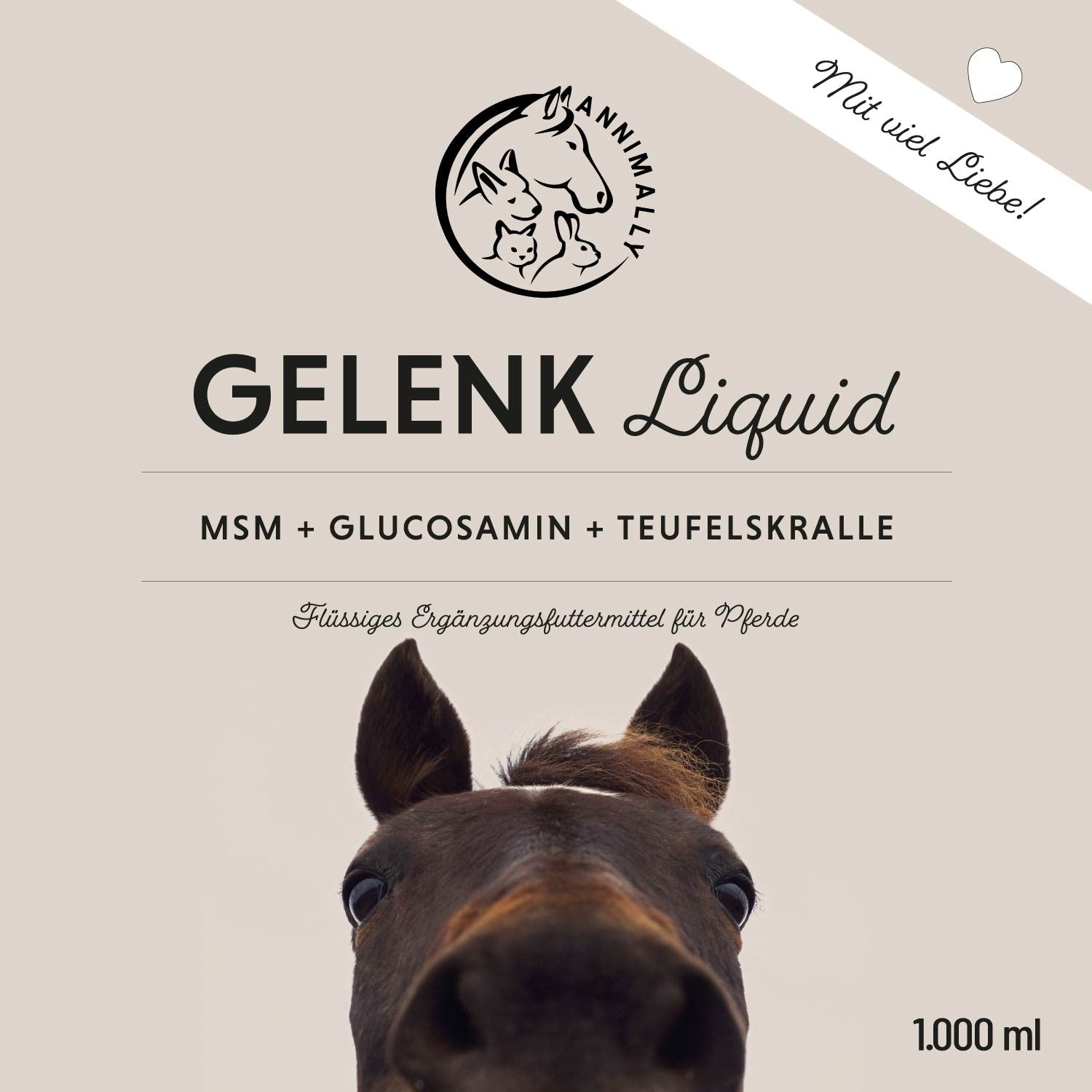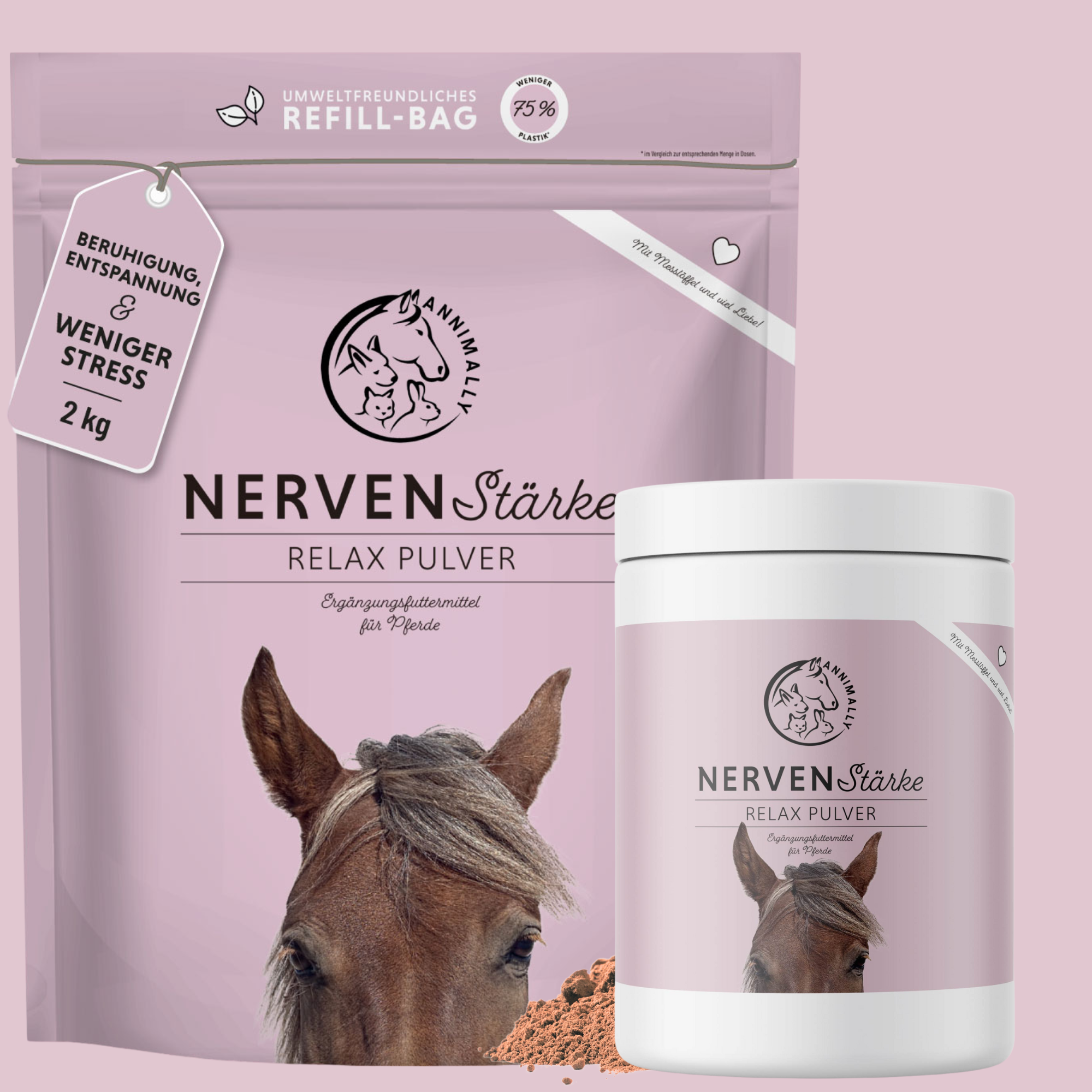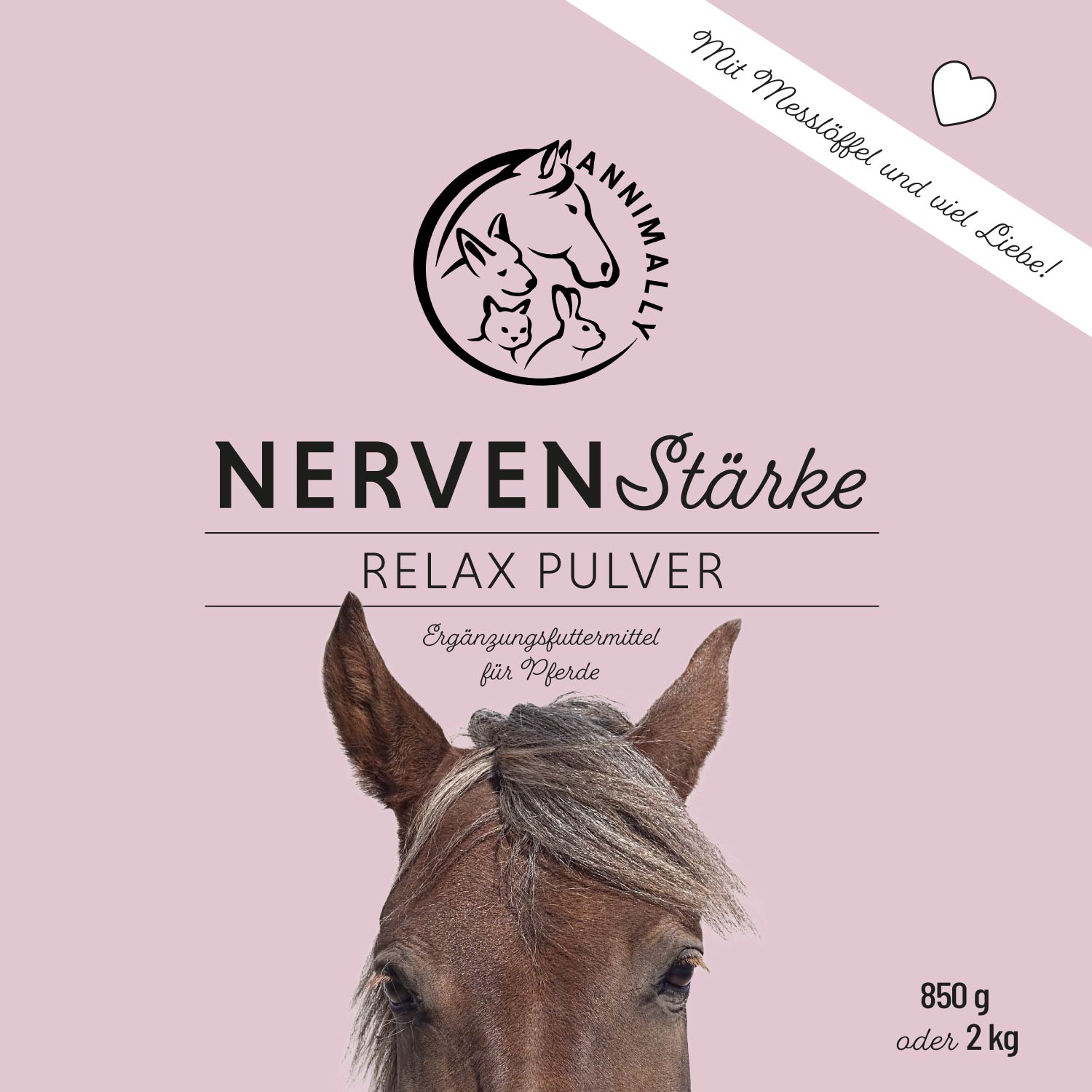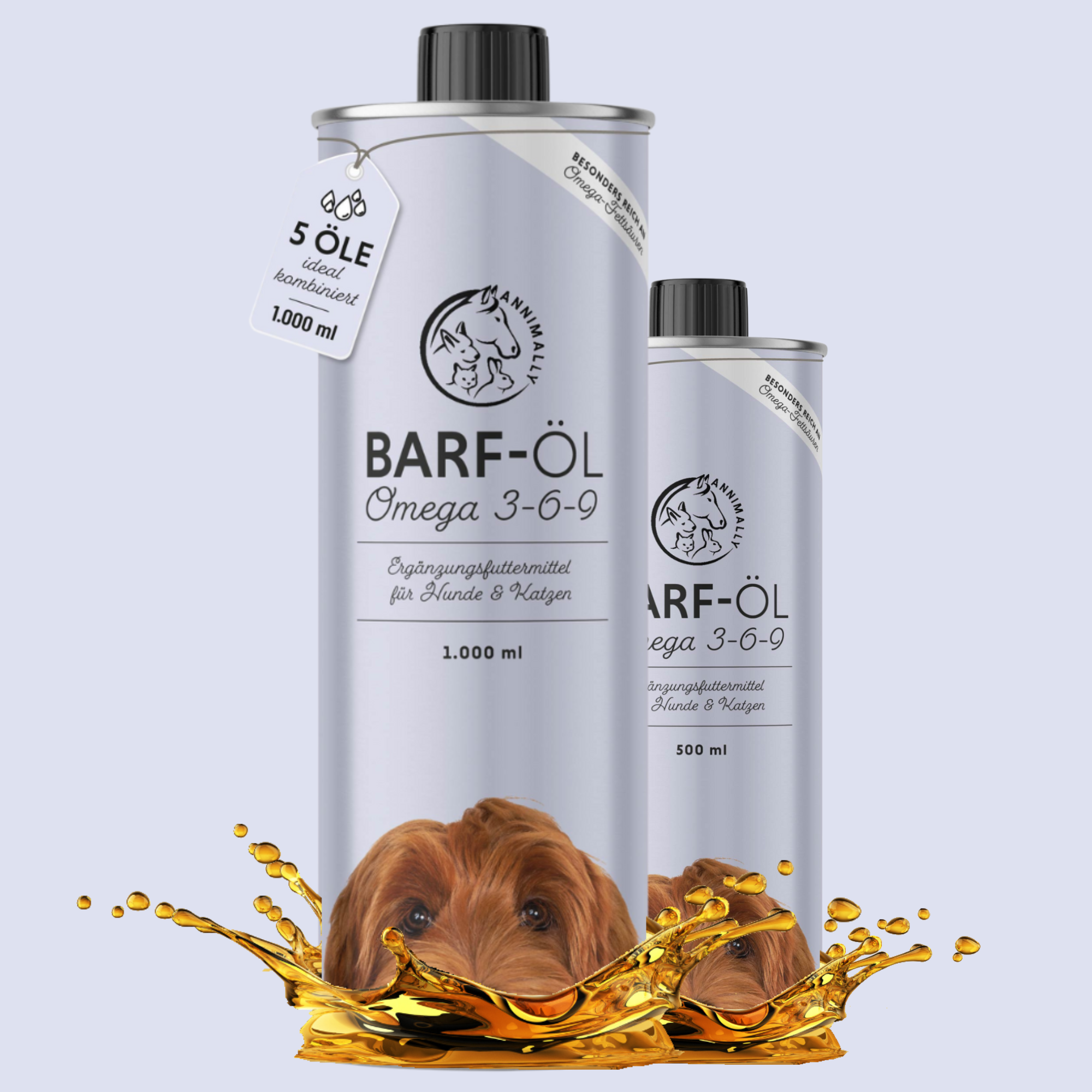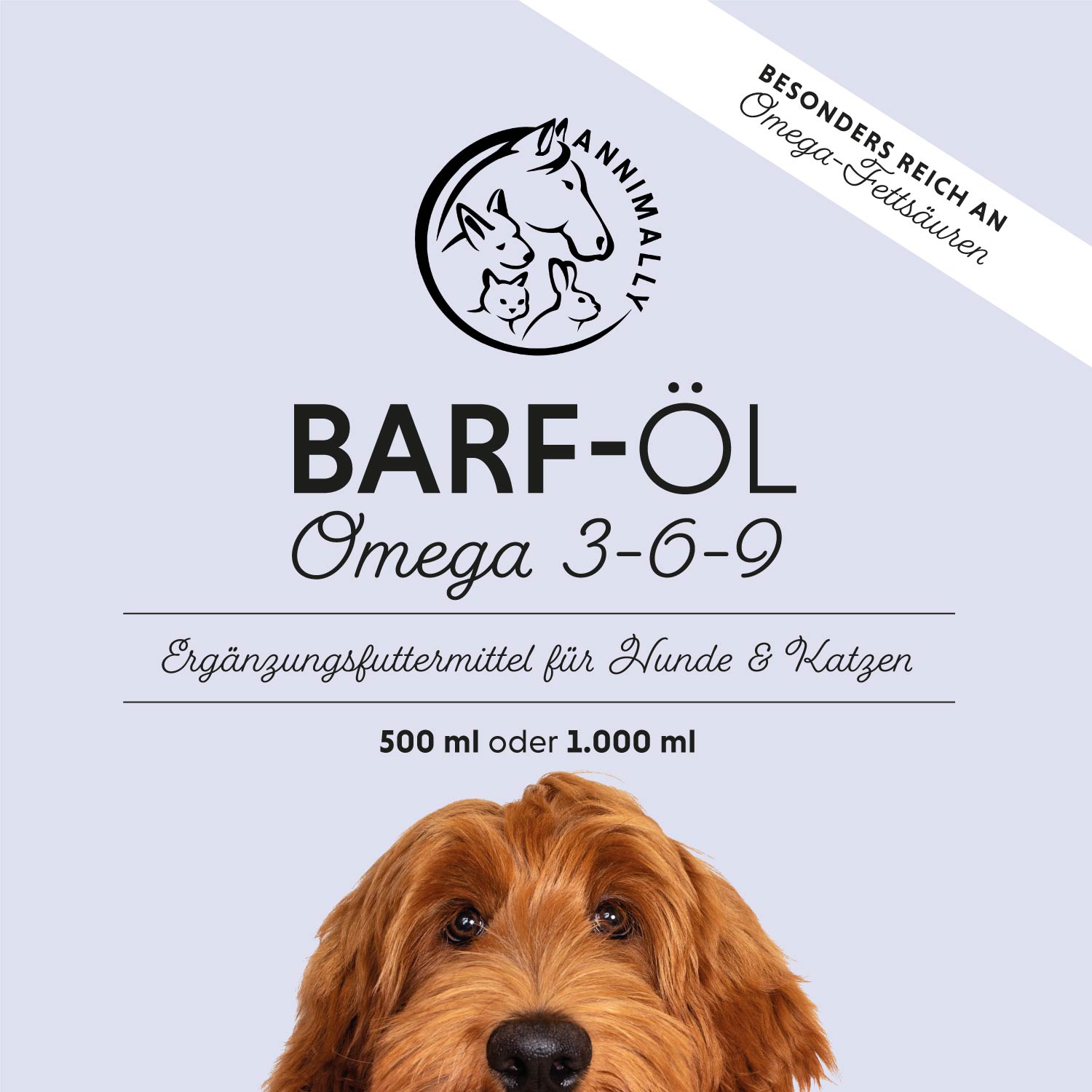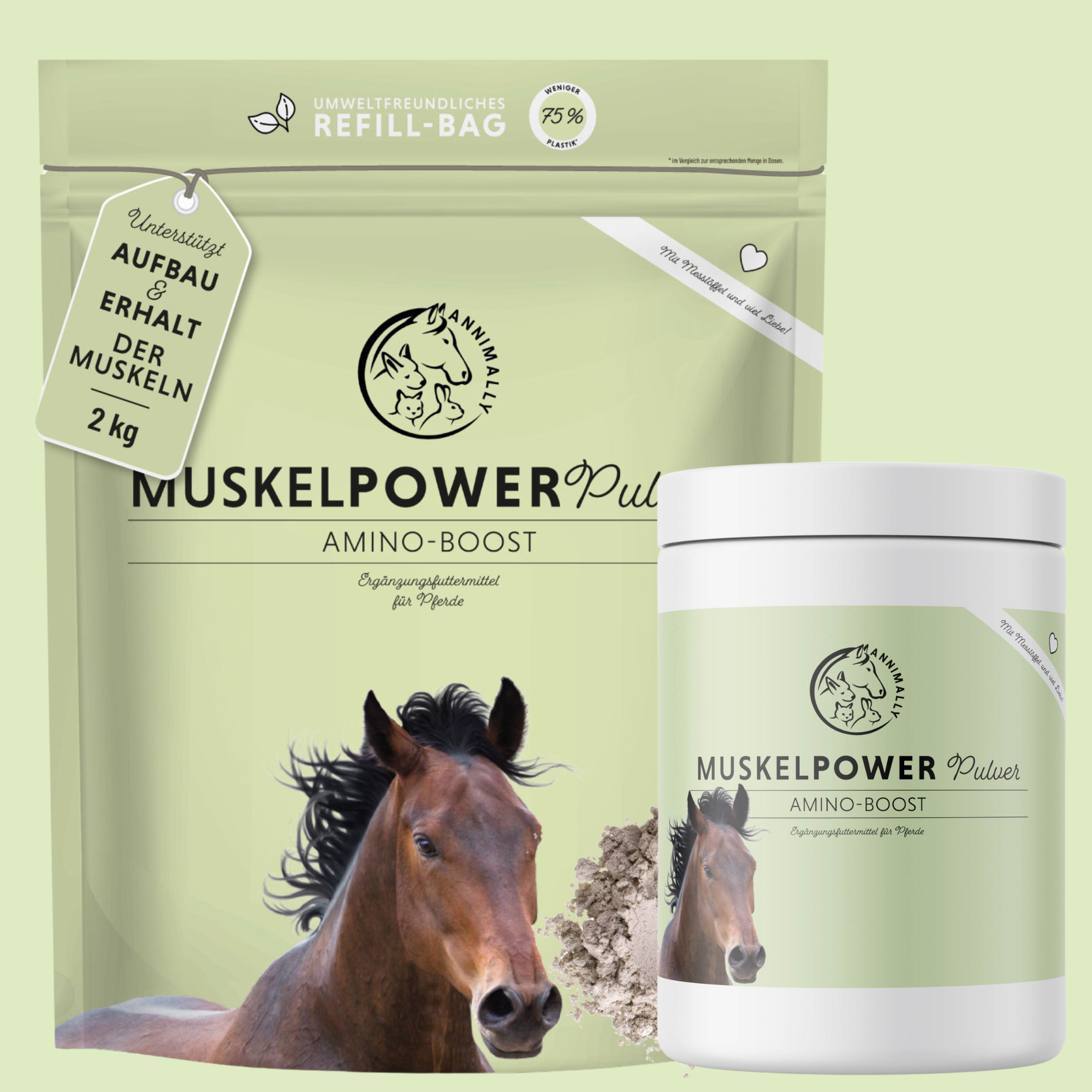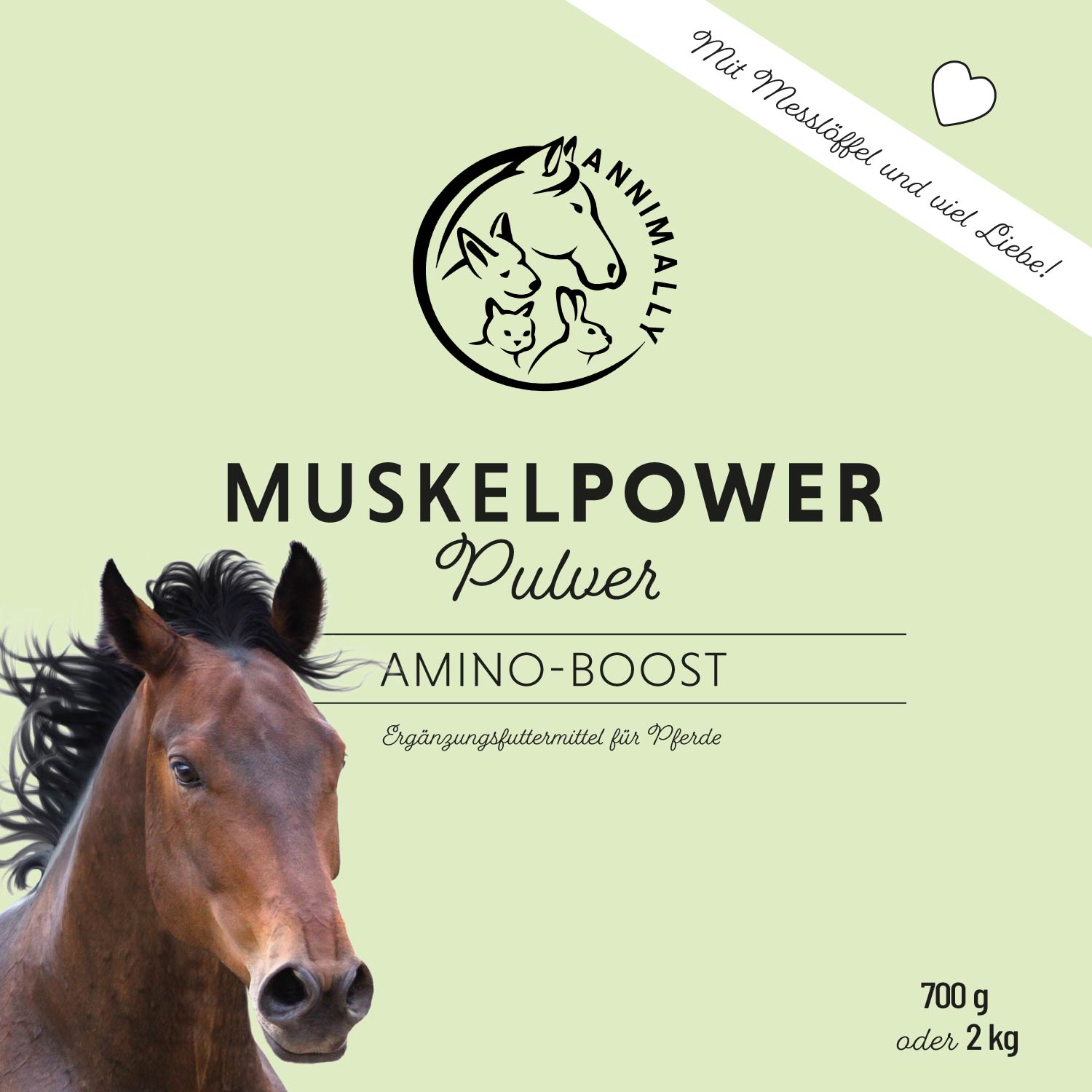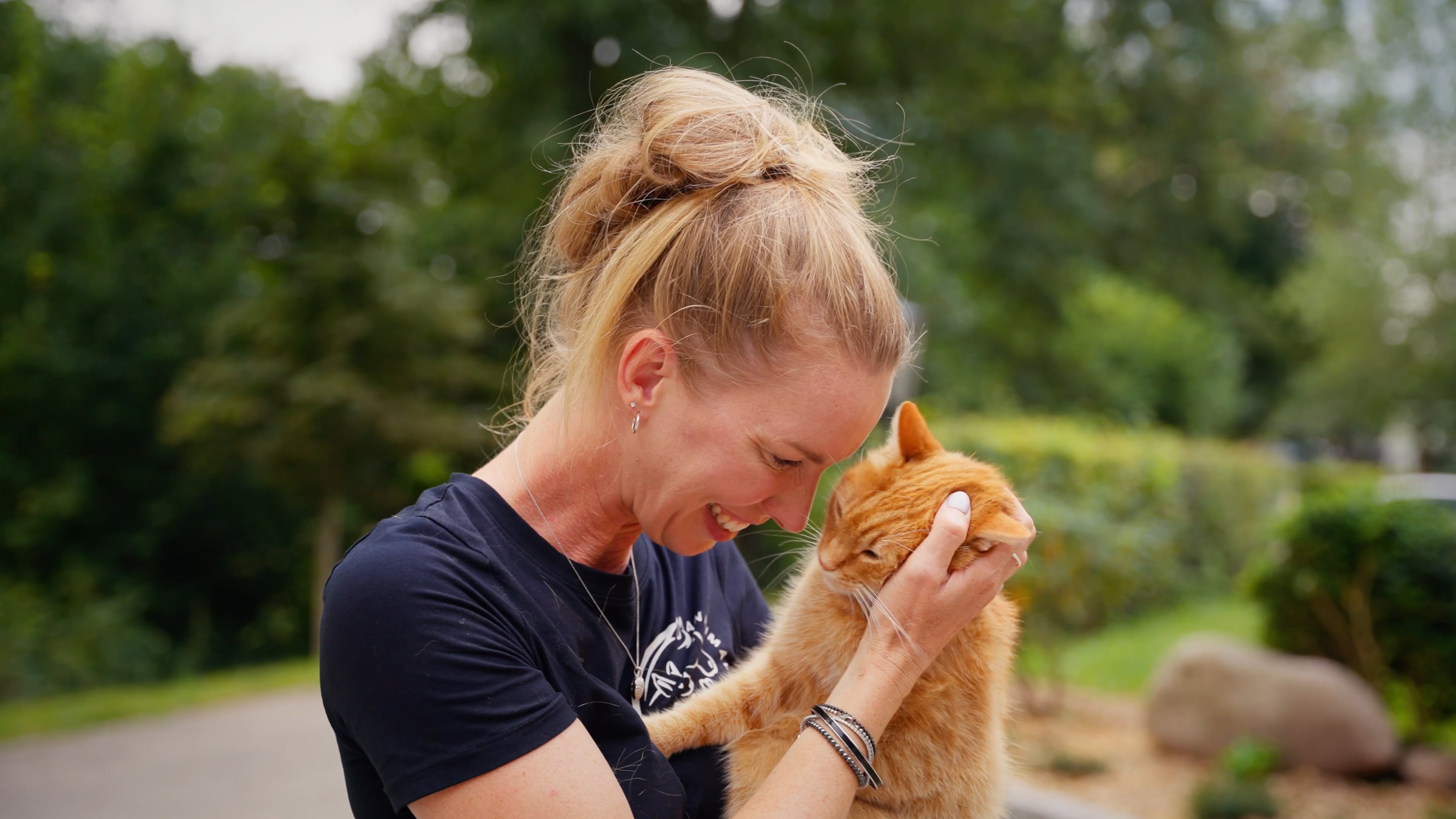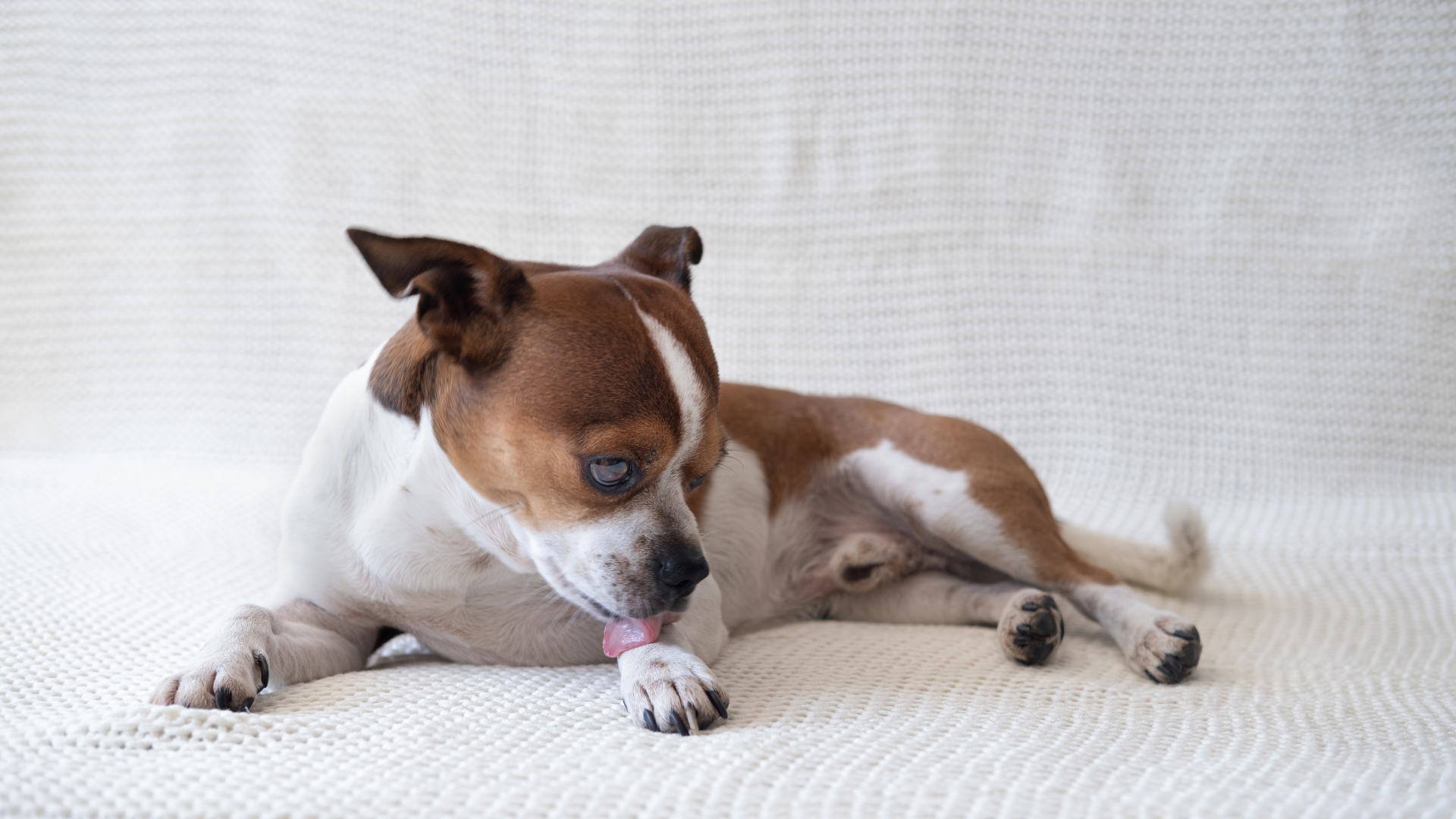
Dog licking paws: Possible causes & home remedies
Licking, nibbling, gnawing - if your four-legged friend occasionally licks its paws, this is completely normal. However, in this guide we explain which signs you should take a closer look at or even visit the veterinarian. We also have tips for you with simple home remedies. No more sore paws!
Dog licks paws - that can be behind it
If your dog is licking his paws with his tongue, that is nothing to worry about. Our hands, legs or feet also get itchy and we have to scratch ourselves briefly. Our four-legged friends often have to use their tongues and teeth for this. The saliva has a calming effect and relieves the itching. However, if your fur nose keeps licking its paws and they are already sore or reddened, you should get to the bottom of the matter.
The most common reasons for paw licking

There can be a variety of reasons why fur noses lick or nibble on their paws - from a brief itch, to foreign objects or other injuries, to psychological causes. We give you an overview of the most common reasons.
foreign body
Does your dog constantly lick its paws and maybe have trouble walking or even limping? Then it may be that your fur nose has a foreign body in its feet. These can be tiny stones or shards, but certain grasses can also get stuck in your darling’s paws and cause nasty itching, especially in summer.
ticks
In the summer months, the blood-sucking pests like to help themselves to your four-legged friend. In addition to all other parts of the body, ticks can also attach themselves to the paws of your furry friend. Check regularly whether your four-legged friend has an unwelcome visit from a tick, especially if you have been rampaging across meadows and fields. So that your dog doesn't get any ticks at all, we have a few more here Tick prevention tips to you.
Allergies – pollen, detergents, road salt
Atchoo! Our four-legged friends can also have different allergies. Your dog can have an allergic reaction to pollen and grasses. Typical signs here are red eyes, a runny nose and itchy paws. Cleaning agents, for example for the floor or the laundry, can also cause allergic reactions in your darling. In winter, the road salt on the roads causes additional irritation. What you should pay attention to if you suspect allergies, you can read here.
Injuries – broken claws, inflammation, burns
Inflammation of the skin between the toes or a broken claw can also cause your dog to lick its paws. Such injuries can be very painful for your four-legged friend and are usually with you wound ointments or treated with antibiotics. If you have such a suspicion, you should go to the vet in no time. Have you been walking on asphalt in hot temperatures? Then it is also possible that your dog has burned his paws.
Claws too long
If your dog's claws are too long, there will be uncomfortable pressure in the paws. Dogs often also show by nibbling their claws and licking their “cuticles” that it is urgently time for a paw treatment.
Fellfilz
The hair between the pads of your pet's paws can become matted and develop into a small ball of hair. This then pushes and pushes between the paws. This is super uncomfortable for your dog. If he has long fur, this can happen quickly - regular paw care is the be-all and end-all.
Mites, fungi, parasites
Even tiny uninvited guests in textiles or your dog's fur can make your furry nose itchy. Signs of this are frequent scratching, a rash or bald patches of fur. If you suspect a fungal infection or parasites such as fleas or mites, you should take your pet to the vet. Not least because of the annoying itching: Some parasites can not only be transmitted to other dogs, but also to humans.
Dry skin
Our four-legged friends can also have dry skin and need moisturizing care. So that the dry skin no longer itch, you can use a Skin Care Spray use for your fur nose.
boredom or stress
In addition to foreign bodies or injuries, there can also be psychological reasons why your dog licks its paws more often until they become sore. Does your dog lick his paws more often when you are out or when things get more stressful? Does he lick his paws when he's alone?
Sore paws in dogs - tips for prevention

So that your dog's paws don't get sore in the first place, here are a few preventive measures that you can easily implement:
- Examine and wash paws: Especially after the walk you should check whether there are any small foreign bodies in the paws. Check and wash your dog's paws after walking, this way you can prevent allergies and remove a lot of dust and small stones immediately.
- Claw care: In larger dogs, the claws usually wear out when they go for a walk without doing anything. But if you mainly walk on soft ground, or if your dog is a rather small specimen, you should trim the claws regularly. You can also remove the fur between the paws directly at the same time. Always check to see if there are any small cracks or if the paw pads look rough or inflamed.
- Wash dog cushions and blankets: To prevent dust or uninvited guests from collecting in the long run, you should regularly wash the cuddly blanket and cushions that your four-legged friend loves so much. This also applies to stuffed animals and toys made of fabric. Make sure that the detergent is unscented, or wash hot but without soap.
Sore dog paws - home remedies that help

If your four-legged friend's paws are already strained, we have a few tips for home remedies. However, if the paws are bleeding, reddened or have pus, it is better to go to the doctor than do the doctor yourself!
- Chamomile tea: Chamomile tea is a real miracle weapon and not only helps when your loved one suffers from stomach ache. Chamomile has an antibacterial and anti-inflammatory effect and is therefore also great for sore paws. Rub a bit of cooled chamomile tea on your four-legged friend's paws. Or put the paws in a tub of chamomile tea. Make sure the tea has cooled sufficiently.
- Coconut oil: If the paws are already a bit cracked, you can also rub coconut oil on the sore spots. In winter, the oil forms a protective layer before you go for a walk, so that the road salt cannot get into your paws in the first place.
- Be careful with Vaseline: The greasy ointment helps with the inflamed paws, but there is a risk that your dog will lick the ointment and eat it. Therefore, make sure that ointments with Vaseline also contain bitter substances that make it difficult to lick off. Otherwise you should pull dog socks over your paws so that your dog cannot lick the ointment.
Paw licking - do I need to go to the vet?

If your fur nose licks its paws every now and then, that's no problem. But pay attention to how often you lick and whether you notice any other peculiarities. Especially if you suspect an injury, allergies or parasites, you should pay a visit to the veterinarian. This also and especially applies when the paws are already inflamed, bleeding or your dog can no longer stand on its feet.
